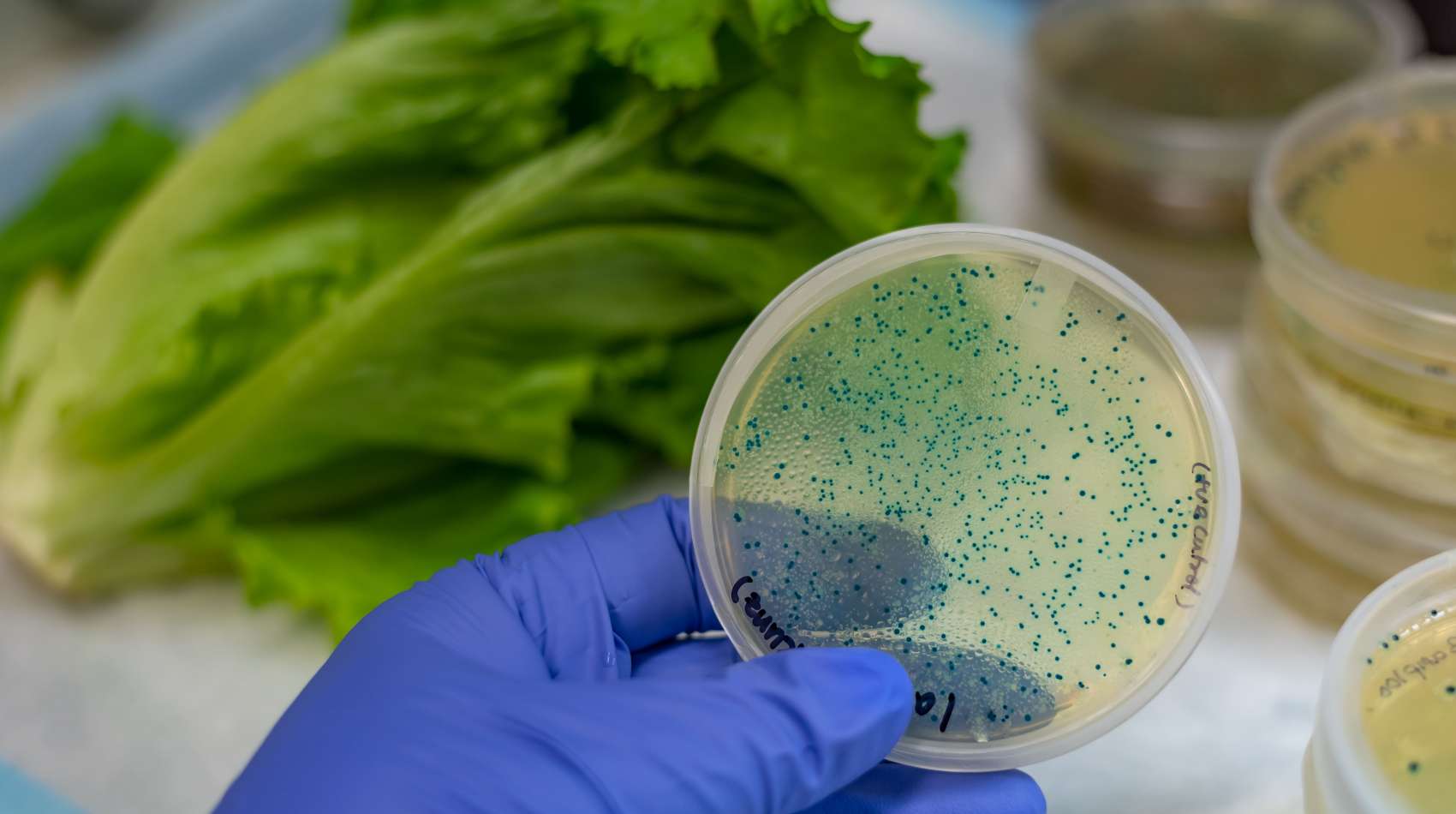Hotels and restaurants are two of the most common places where food contamination can occur. There are a number of ways to avoid food contamination in these establishments, and the following tips will help you to avoid becoming sick from contaminated food.
1. Inspect the establishment for cleanliness.
The first step to avoiding food contamination is to make sure that the hotel or restaurant you are patronizing is clean. Inspect the premises for signs of dirt and grime, and make sure that the kitchen and dining areas are clean.
2. Check the food preparation area for cleanliness.
When you are in the kitchen or dining area, take a look around to see how clean the food preparation area is. If it looks dirty, it is likely that the food is not being prepared in a clean environment, which increases the risk of contamination.
3. Ask about the food handling procedures.
If you are unsure about the cleanliness of the establishment or the food handling procedures, ask to speak to a manager or chef. They should be able to tell you about the steps they take to avoid contamination, such as cooking meat to a safe temperature and using fresh ingredients.
4. Avoid undercooked meat and poultry.
Undercooked meat and poultry can contain harmful bacteria that can cause food poisoning. Make sure that any meat or poultry you eat is cooked thoroughly before consuming it.
5. Avoid raw eggs.
Raw eggs can also contain harmful bacteria that can cause food poisoning. If you order an egg dish, make sure that the eggs are cooked thoroughly before eating them.
6. Wash your hands thoroughly.
Washing your hands thoroughly is one of the best ways to avoid contaminating your food. Make sure to wash your hands before you eat, and after handling any raw meat or poultry.
7. Avoid cross contamination.
Cross contamination occurs when bacteria from raw meat or poultry comes into contact with other food, utensils, or surfaces. To avoid cross contamination, keep raw meat and poultry separate from other food, and wash all utensils and surfaces that have come into contact with raw meat or poultry before using them again.
What is Cross Contamination?
Cross contamination occurs when bacteria or other microorganisms are transferred from one surface to another. This can happen when food is prepared on a contaminated surface, or when utensils or other objects are used that have been in contact with contaminated food.
Cross contamination is a major concern in the food industry, as it can lead to foodborne illness. It is important for food businesses to take steps to prevent cross contamination, including using separate cutting boards for raw meat and vegetables, washing hands thoroughly, and keeping surfaces clean.
When cooking at home, it is also important to be aware of cross contamination. Be sure to wash cutting boards, countertops, and utensils after they have been in contact with raw meat. It is also a good idea to cook meat thoroughly to kill any bacteria that may be present.
By taking some simple precautions, you can help prevent cross contamination and keep your food safe to eat.
First In First Out Policy in Hotel Stock Room
The first in, first out (FIFO) policy is a method used to control stock levels in a hotel stock room. This system is designed to ensure that the oldest stock is used first, before any new stock is brought in. This helps to prevent waste and ensures that the hotel always has the supplies it needs.
The FIFO policy is simple to implement and can be done using a variety of methods. One common method is to label all products with a date so that stock room staff can easily see when each item was received. Another method is to keep track of stock levels using a computer system. This allows staff to see at a glance what items need to be used first.
The FIFO policy is an important part of running a hotel efficiently and preventing waste. It is important to train all staff members on the policy so that they can be sure to implement it correctly.



